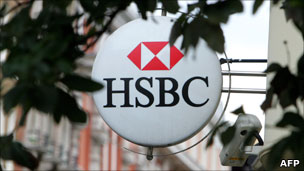DUBAI: Dow Chemical Co. and the Saudi Arabian Oil Co. outlined plans Monday to set up a joint venture to begin building a massive $20 billion chemical complex in the desert kingdom.
The decision by both companies’ boards to create the new venture, dubbed the Sadara Chemical Co., formalizes a project that has been in the works since 2007. It promises to create one of the world’s largest integrated chemical facilities and the biggest ever built in one go.
The complex will be located in Jubail Industrial City, which sits about 60 miles (100 kilometers) northwest of the eastern Saudi city of Dammam. It will include 26 manufacturing units producing chemical products and plastics for use in the energy, transportation, infrastructure and consumer products industries.
"This premier partnership is the right economic ownership model with the right partner," Dow Chairman and CEO Andrew N. Liveris said in a statement.
He said customers in emerging markets such as China, the Middle East, Eastern Europe and Africa will benefit from the venture, which is expected to "deliver significant new equity earnings to Dow."
The Midland, Michigan-based chemical giant stands to gain from access to Saudi Arabia’s relatively cheap-to-produce hydrocarbons, which will be used to make the chemicals Sadara produces.
Saudi Aramco, as the oil company is known, is owned by the kingdom’s government. It manages the OPEC kingpin’s vast oil reserves, which it estimates at just over 260 billion barrels, and the world’s fourth-largest supplies of natural gas.
Setting up the Sadara venture will cost $20 billion, the companies say. Dow and Saudi Aramco will have equal stakes in the venture, with additional funding being provided by export credit agencies and financial institutions.
The companies aim to begin production by the second half of 2015 and have Sadara finished the following year.
They hope it will generate $10 billion in revenue annually and generate thousands of jobs within a few years of opening. It will also expand Saudi Arabia’s industrial base, helping offset the kingdom’s longtime reliance on fossil-fuel production.
"This enterprise will play a key role in the kingdom’s industrial and economic diversification while … supporting Saudi Arabia’s ambition to be a magnet for downstream manufacturing investments that add significant value to the kingdom’s hydrocarbon resources," said Khalid al-Falih, president and CEO of Saudi Aramco.



